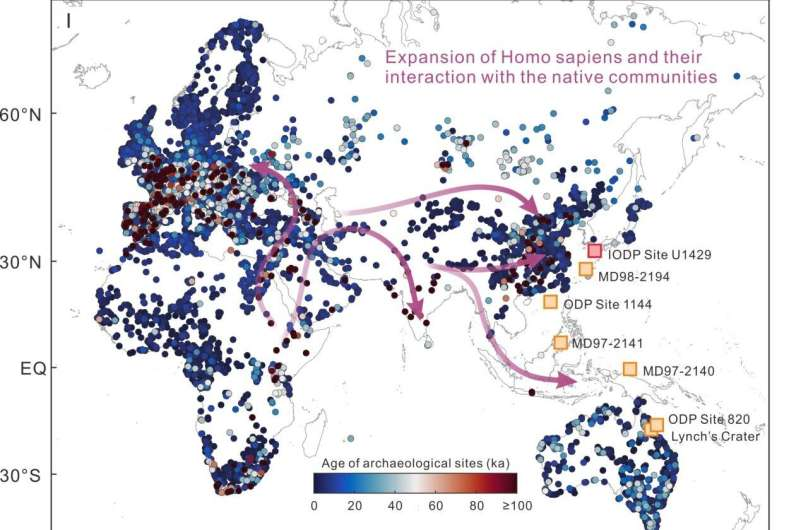The Cultural and Historical Significance of Fermented Foods
Fermentation is an ancient culinary tradition embedded in cultures worldwide, producing everything from crusty bread to kimchi and tepache. Beyond their flavors, these foods represent a living connection to traditional knowledge. However, as industrialized food systems have taken over, the practices that underpin fermentation are fading, especially in the rural and indigenous communities where they originated. Modern food production has centralized fermentation processes, leaving most of us dependent on store-bought alternatives rather than homemade staples.
Interestingly, there is a growing fascination with fermentation among urban populations. This "fermentation revival" celebrates ancient methods, but it often overlooks the systemic reasons for their decline. At the same time, venture capitalists are pouring resources into fermentation-based startups, from probiotic innovations to lab-grown meat. These trends prompt critical questions about the role of traditional fermentation in shaping a sustainable and just food future.
Why Fermentation Matters for a Degrowth Food System
Traditional fermentation holds significant potential for creating a degrowth-oriented food system—a model that emphasizes sustainability, equity, and simplicity. Here are three key reasons why fermentation is vital to this vision:
1. A Proven Path to Sustainability
Fermentation is among the oldest and most sustainable food preservation methods, requiring minimal resources and no complex machinery. Archaeological evidence shows humans have been fermenting food for thousands of years, predating agriculture itself.
These low-tech practices are crucial for preserving food, slowing spoilage, and enhancing nutritional value. Unlike energy-intensive industrial methods, traditional fermentation relies on simple ingredients, time, and labor. Such practices align with the principles of a localized, seasonal, and low-energy food system, reducing dependence on large-scale agribusiness and long supply chains.
2. A Window into Biodiversity
Fermentation reveals the intricate relationship between humans and microorganisms. Transforming cabbage into kimchi or milk into yogurt is a powerful reminder of how microbes work in harmony with us, highlighting the biodiversity in and around us.
Research comparing commercial and homemade yogurt in Bulgaria illustrates this vividly. Homemade versions contained 76 strains of lactic acid bacteria, while store-bought options featured only two lab-grown strains. This stark contrast underscores how industrial practices prioritize efficiency over preserving microbial diversity.
By embracing traditional fermentation, we not only safeguard these microbial ecosystems but also challenge the monocultural practices that dominate industrial food production. Such biodiversity is essential for both environmental health and human well-being.
3. Empowering Communities Through Decentralization and Care
Fermentation is more than a culinary technique; it embodies values central to degrowth, such as community, justice, and resource redistribution. Traditional fermentation often requires more time and effort than industrial shortcuts. During the COVID-19 lockdowns, many people rediscovered this, as seen in the global sourdough craze. This renewed interest highlights the potential of reallocating time—for instance, through shorter workweeks—to prioritize activities like home food preparation.
Moreover, fermentation empowers individuals to preserve their own food, reducing waste and fostering community sharing. Historically, it has been a communal activity, bringing people together over shared meals and celebrations. Such practices counteract the isolating pressures of neoliberal capitalism, offering a vision of conviviality and mutual care.
Bridging Production and Consumption
To build a degrowth food system, we must rethink both how food is produced and how it is consumed. Fermentation serves as a crucial "in-between" practice, connecting smaller-scale, decentralized agriculture with sustainable, local, and equitable diets. A simple jar of sauerkraut can symbolize this transformation, encapsulating broader questions about food systems, biodiversity, and community resilience.
The Role of Fermentation in Everyday Resistance
Degrowth has sometimes been criticized for its academic and Eurocentric focus. To address this, the movement should amplify practical, hands-on traditions like fermentation, which already thrive in many communities worldwide. Traditional fermentation embodies quiet resistance to the homogenization and commodification of food, preserving diverse practices essential for self-sufficiency and sustainability.
The path forward involves creating material conditions that allow these traditions to flourish. By reclaiming and celebrating fermentation, we can not only heal our relationship with the ecosystems that sustain us but also empower communities to envision a more equitable and sustainable food future.







